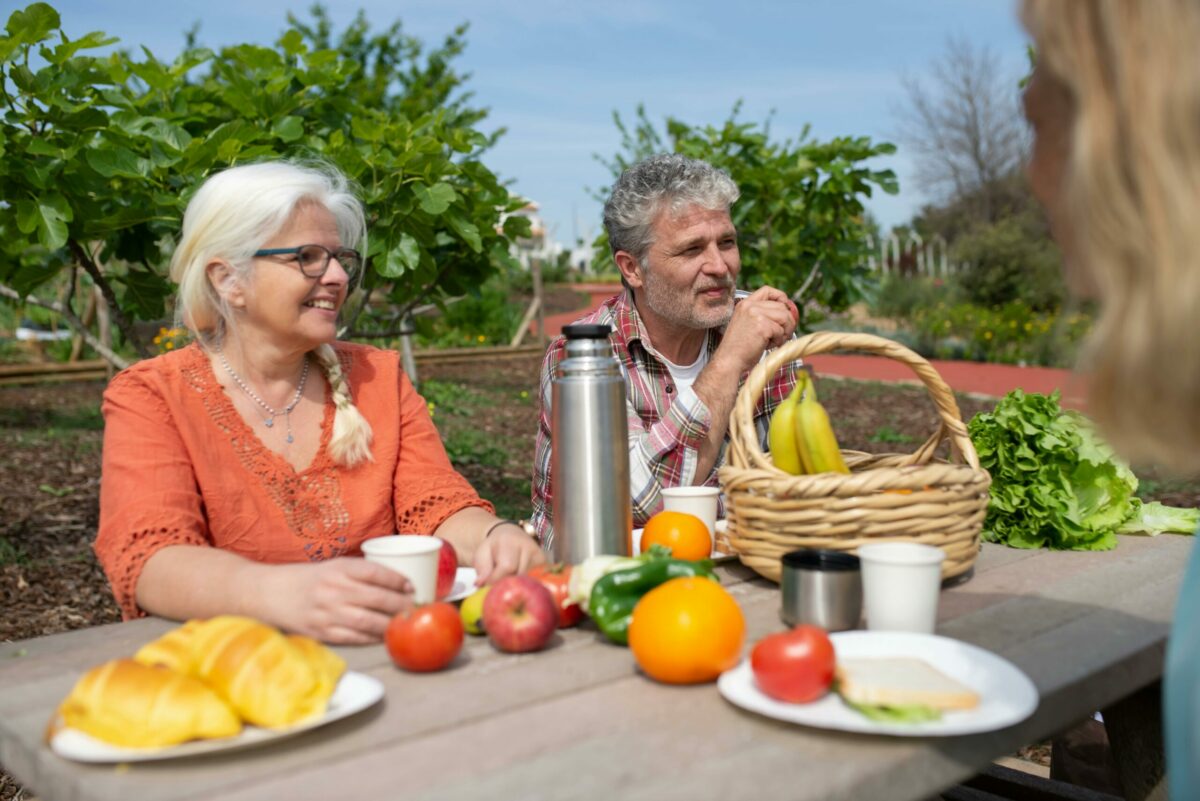For decades, people who relied on Supplemental Security Income (SSI) benefits had a lot to think about.
In calculating their eligibility and benefit amount, they had to weigh multiple factors. One of these was the food assistance they were getting. However, this is about to change.
Per a new rule, which goes into effect September 30, food assistance will no longer factor into determining these types of benefits. Could this help more people get the economic support they require?
Will This Change the Role SSI Benefits Play in Reducing Poverty?
As of now, about 7.4 million Americans rely on SSI benefits. Some receive them in combination with standard Social Security payments. This shows the vast importance of these funds, and how they can make a difference in a person’s quality of life.
But there have been some specific limits on who can claim and how much they can receive. The act of receiving food assistance from others will no longer count toward SSI benefit calculations. This help, known as In-Kind Support and Maintenance (ISM), is common for many people who rely on programs like this.
Previously, they would have to choose between getting food assistance (among shelter and other needs) or receiving the SSI required to pay for other costs. Now there are less barriers in the way to accessing this type of assistance.
The monthly max for payments is $943 for individuals, $1,415 for couples, and $472 for essential persons. To qualify, individuals must make less than $1,971 a month from work and have less than $2,000 in resources per individual (or $3,000 per couple).
What do you think about this new rule? Will it help more people get the assistance they need? Are the numbers for qualifying and benefit amounts on point? Should other criteria for eligibility be changed too? Share your thoughts in the comments.




